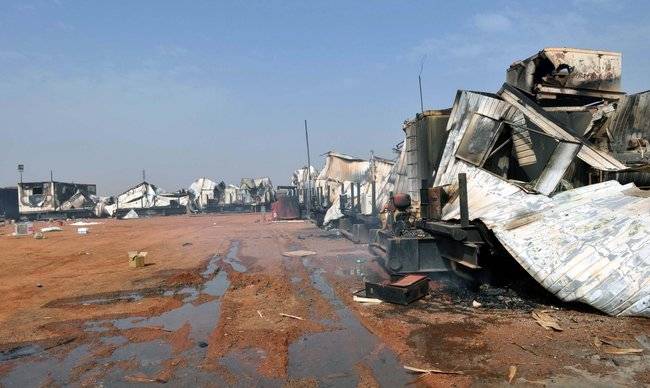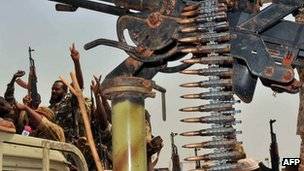- Thread starter
- #141
To be honest Ropey I see a war with Sudan in their future before they can start making any real progress, the Sudanese troops keep raiding villages in South Sudan and making air strikes on them, and than denying it to the media. That shit has to stop.
I am afraid you may be right. It will be difficult for South Sudan to emerge as a viable state.
Thats because the North doesn't want them to.









